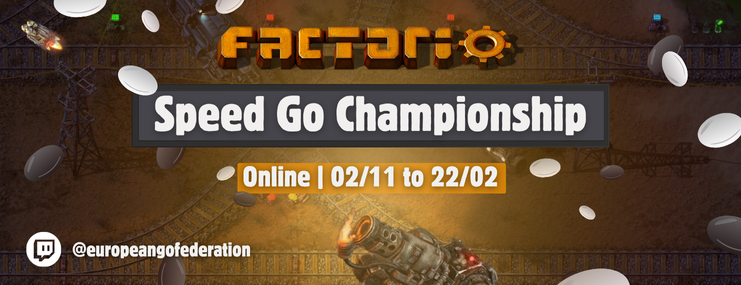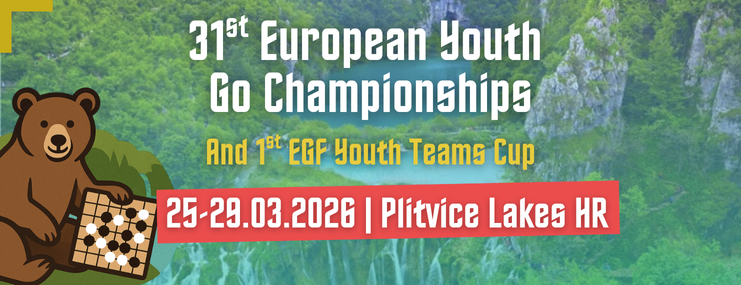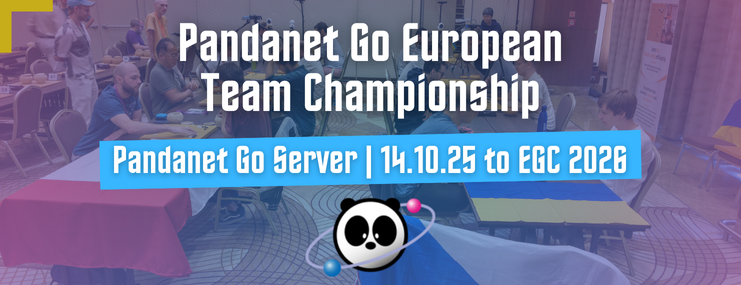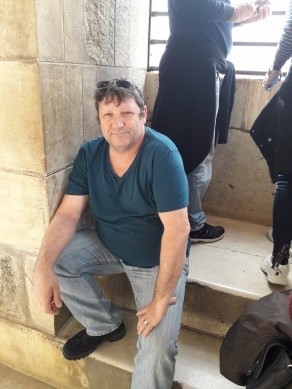After some small issues with my passport were cleared up, I was able to get a more or less last minute flight from Hamburg to Seoul. Arriving in Seoul I was pleasantly surprised with a special pick up service, my teacher Kim Seung-jun 9p was there to bring me directly to the Kiwon. The Kiwon is a four floor high building, with Baduk-TV operating in its cellar with a large space for 2 studios and a room for the directors.
Two floors are completely decorated and ready to play tournaments in.
One floor is almost daily filled with employees of the KBA.
Arriving on Saturday morning on the 30st of June, I played a preliminary round to decide who could play in the preliminary, and to decide in which order we would play.
In the end the order was decided by a small lottery when it was clear who would play in the World-Group.
I used the rest of Saturday, and most of Sunday, to settle myself down and get over the Jetlag.
From Monday until Saturday I spent every afternoon at the Kiwon for the Preliminaries to play and look at games. Meeting many strong and living legends like Lee Sedol, Lee Changho, Rui Nawei, Xie Yimin, Fujisawa Rina, and last but not least, Cho Hye-yeon (with whom I was able to have a nice meeting and interview). Over 300 players, who were divided into separate categories (females, world, seniors etc) started in the preliminaries, playing for a place in the finals of the Samsung Cup starting in September 2018.
The Samsung Cup is a high level tournament, and a well organized tournament. More than one referee is constantly in the room, and on finishing, all games were directly documented. Any kind of louder sound was immediately removed.
On Tuesday there was the start of the prelimanaries for the World-Group, 16 players from all over the world gathered to decide who would play in the finals, where 32 players complete in a Knock-out tournament to decide who will win the Samsung Fire & Marine Insurance World Masters Baduk 2018.
From Europe 7 players started in the first round:
Mateusz Surma 1p from Poland, the winner of last year's preliminary
Ali Jabarin 1p from Israel.
Artem Kachanovsky 1p from the Ukraine, who was promoted to 2p after this tournament.
Dusan Mitic 6d from Serbia
Benjamin Dréan-Guénaïzia 6d from France
Anastasia Khlepetina 3d from Russia
Antonius Claasen 4d from the Netherlands
The first round did not see any kind of upsets, except for the fact that last years winner (Mateusz Surma 1p) of this section lost in the first ragainst Ryan Li 2p from Canada. My loss in the first round, had for me a good side effect, I was able to meet and talk with some players, learning a lot about how go is developing in other parts of the world. After my game I had a long and good talk with my opponent Chow Guang from South-Africa (last year's finalist in the preliminary). We went out for a coffee, and I discovered a delicious coffee bar which was almost next door to the Kiwon. There I learned some nice new historical things about go. So by losing I learned a lot of new thing about the history and development of go.
The second round saw some clashes between european players.
Ali Jabarin was able to win the clash against Artem Kachanovskyi and Benjamin Dréan-Guénaïzia was able to win against Dusan Mitic.
In the semi-finals Ali than lost against Chang Fu Kang, after a big mistake.
Benjamin played and lost against Ryan Li and so the final was played without a representative from Europe.
Ryan Li 2p played the finals against Chang Fu Kang 6d from Malaysia, where Chang Ku Fang was able to win the prelimary of the World-Group.
My daily visit to the Kiwon, gave me a chance to see many games from top players, such as Kim Seung-jun 9p (my teacher), Lee Chang-Ho 9p, Cho Hye-yeong 9p, Fujisawa Rina 3p, Xie Yimin 6p and Rui Nawei 9p. Also my other teacher, Kőszegi Diána 1p played in the female section. I even was witness of a game played by Lee Sedol 9p (not for the Samsung Cup). Visiting my daily coffee bar just a few meters away from the Kiwon for a hot coffee also gave a chance to talk with some stronger players as Artem Kachanovskyi and Cho Hye-Yeon who also agreed to have an interview with me.
Once more I was able to see how Lee Chang-Ho seemed to grow when sitting down to play. Compared to Lee Sedol who looked more like going into a cocoon completly concentrated on his game until far after the game was finished and during the analysis he was able to keep this concentration, this was very impressive to see. Here I noticed another difference between tournaments in Asia and in Europe. That is that the players in Asia are all there in time to play their games, and that silence descends on the room before the games have even started.
The after AlphaGo era also saw new set of rules:
Mobile phones, had to be locked up in a case which was well guarded by the referees.
No Mobile devices were allowed in the room, and pictures could only be made up to 15-20 minutes after the round started.
And last but not least, there were many many games where Alpha-go was copied in every way possible.
From the top players right down to the amateurs, almost every game was coloured and infected by Alphago and Leela (this program was used a lot to analyse games). Only Lee Chang-Ho seemed not to be infected by Alphago or Leela, his games as far as I was able to follow them where still in the style of the pre-Alphago area. And even in games played by professionals Leela was extremely harsh in her analysis, but it was not always the professional with the better win rates who won.
A special feature I was able to see is the way Baduk-TV is organized in the Kiwon. Something we in Europe could learn a lot from.
I was able to see the directory room, and the studios where i saw a live game being broadcasted.
The EGGC would in my opinion be a good place to setup and install something similar.
Next to the tournament, I was able to see baduk/go/weiqi students who were studying hard reviewing games and watching live baduk-tv discusing the game being shown.
A school like this could be a good option to promote go in Europe and also bring it on a higher level.
All in all I learned a lot during this first week and I am greatful that BIBA gave me this chance and opportunity to play here. My second week was spend partly gathering impressions of how to study in a school, and with learning more about Korean food.








